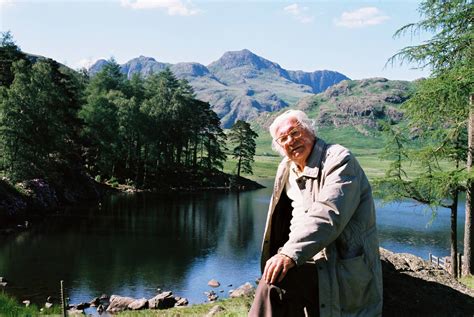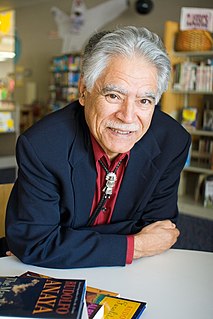A Quote by Julian Barnes
We live on the flat, on the level, and yet - and so - we aspire. Groundlings, we can sometimes reach as far as the gods. Some soar with art, others with religion; most with love. But when we soar, we can also crash. There are few soft landings. We may find ourselves bouncing across the ground with leg-fracting force, dragged towards some foreign railway line. Every love story is a potential grief story. If not at first, then later. If not for one, then for the other. Sometimes, for both.
Related Quotes
I began to know my story then. Like everybody's, it was going to be the story of living in the absence of the dead. What is the thread that holds it all together? Grief, I thought for a while. And grief is there sure enough, just about all the way through. From the time I was a girl I have never been far from it. But grief is not a force and has no power to hold. You only bear it. Love is what carries you, for it is always there, even in the dark, or most in the dark, but shining out at times like gold stitches in a piece of embroidery.
My theory for nonfiction is that nobody can be free of some kind of conceptions about whatever story they're writing. But if you can find a way to build those into the story, then the story becomes a process of deconstructing and heightening and sometimes changing those notions and that makes dramatic tension. The initial statement of your position, and then letting reality act on you to change it, is pretty good storytelling.
There is in man's nature a secret inclination and motion towards love of others, which, if it be not spent upon some one or a few, doth naturally spread itself towards many, and maketh men become humane and charitable, as it is seen sometimes in friars. Nuptial love maketh mankind, friendly love perfecteth it, but wanton love corrupteth and embaseth it.
You put together two people who have not been put together before. Sometimes it is like that first attempt to harness a hydrogen balloon to a fire balloon: do you prefer crash and burn, or burn and crash? But sometimes it works, and something new is made, and the world is changed. Then, at some point, sooner or later, for this reason or that, one of them is taken away. and what is taken away is greater than the sum of what was there. this may not be mathematically possible; but it is emotionally possible.
The thing that's helped me from wrestling is sometimes when you do live television, things change immediately, so you can be immersed in one story and then the story shifts. Ultimately, if you just get the point of what you're trying to accomplish, if you know the story, then you can put forth a good product.
Love will push every button, try every faith, challenge every strength, trigger every weakness, mock every value, and then leave you there to die. And then you will be ready to be born at last, to become a soul who is strong enough to take love on. You'll be a romantic mystic who has achieved the elements: you endured the flames of love, you were baptized in the waters of love, and now you can soar like only a mystic can through the skies and skin of a lover's heart.
If one loves stories, then one would naturally love the story of the story. Or the story behind the story, pick your preposition. It does seem to me to be a kind of animal impulse almost, a mammalian curiosity. For a reader to wonder about the autobiography in a fiction may be completely unavoidable and in fact may speak to the success of a particular narrative, though it may also speak to its failure.
We walked for some time, and grew to know each other, as best as we'd allow. These are some of the high points. They lack continuity. I don't apologize. I merely pointed it out, adding with some truth, I feel, that most liaisons lack continuity. We find ourselves in odd places at various times, and for a brief span we link our lives to others and then, our time elapsed, we move apart. Through a haze of pain occasionally, usually through a veil of memory that clings, then passes, sometimes as though we have never touched.
The ‘experimental’ writer, then, is simply following the story’s commands to the best of his human ability. The writer is not the story, the story is the story. See? Sometimes this is very hard to accept and sometimes too easy. On the one hand, there’s the writer who can’t face his fate: that the telling of a story has nothing at all to do with him; on the other hand, there’s the one who faces it too well: that the telling of the story has nothing at all to do with him




































